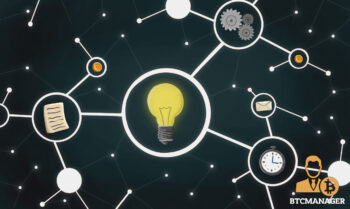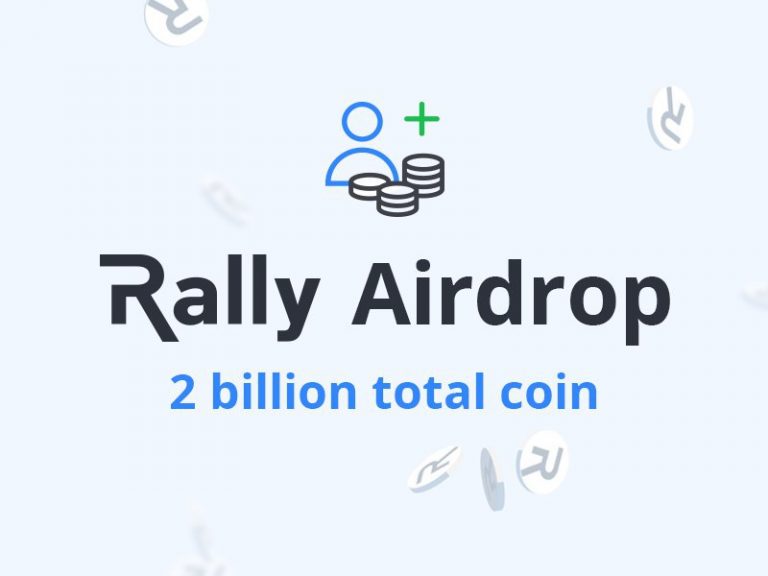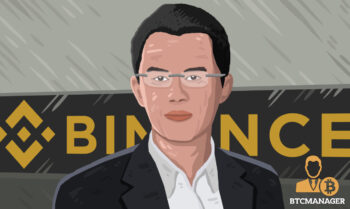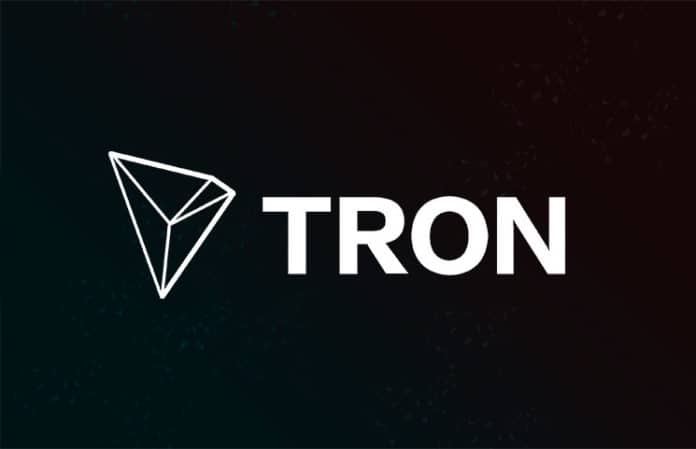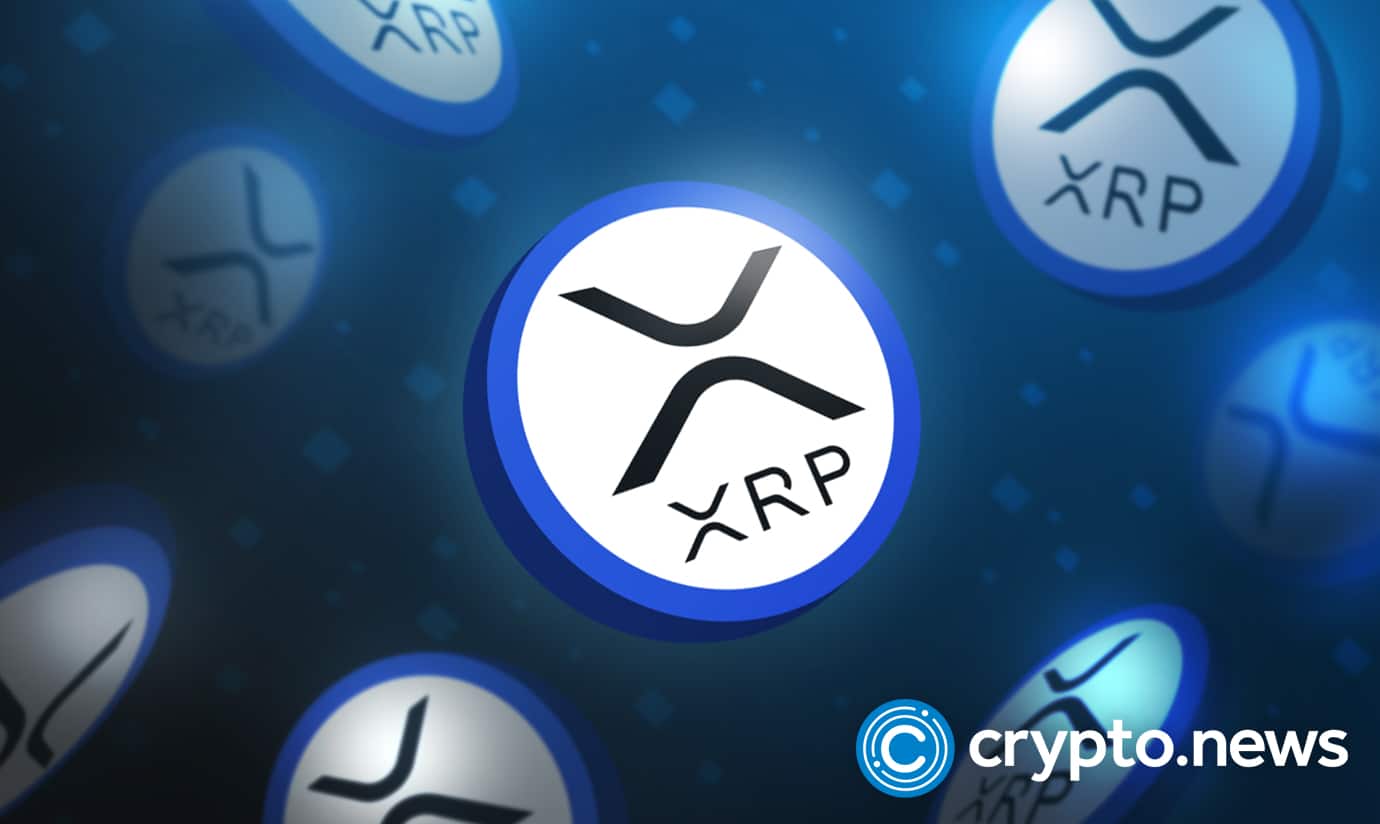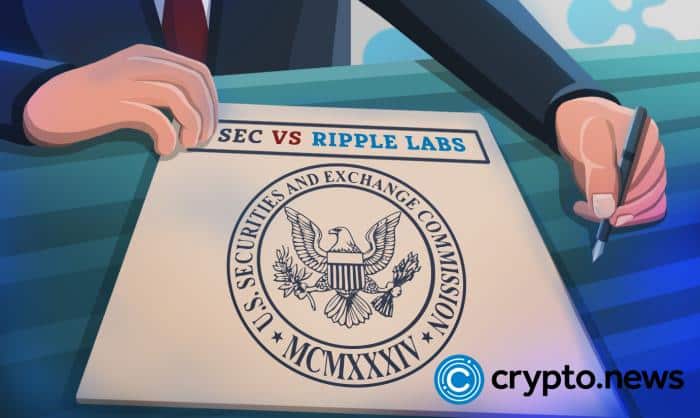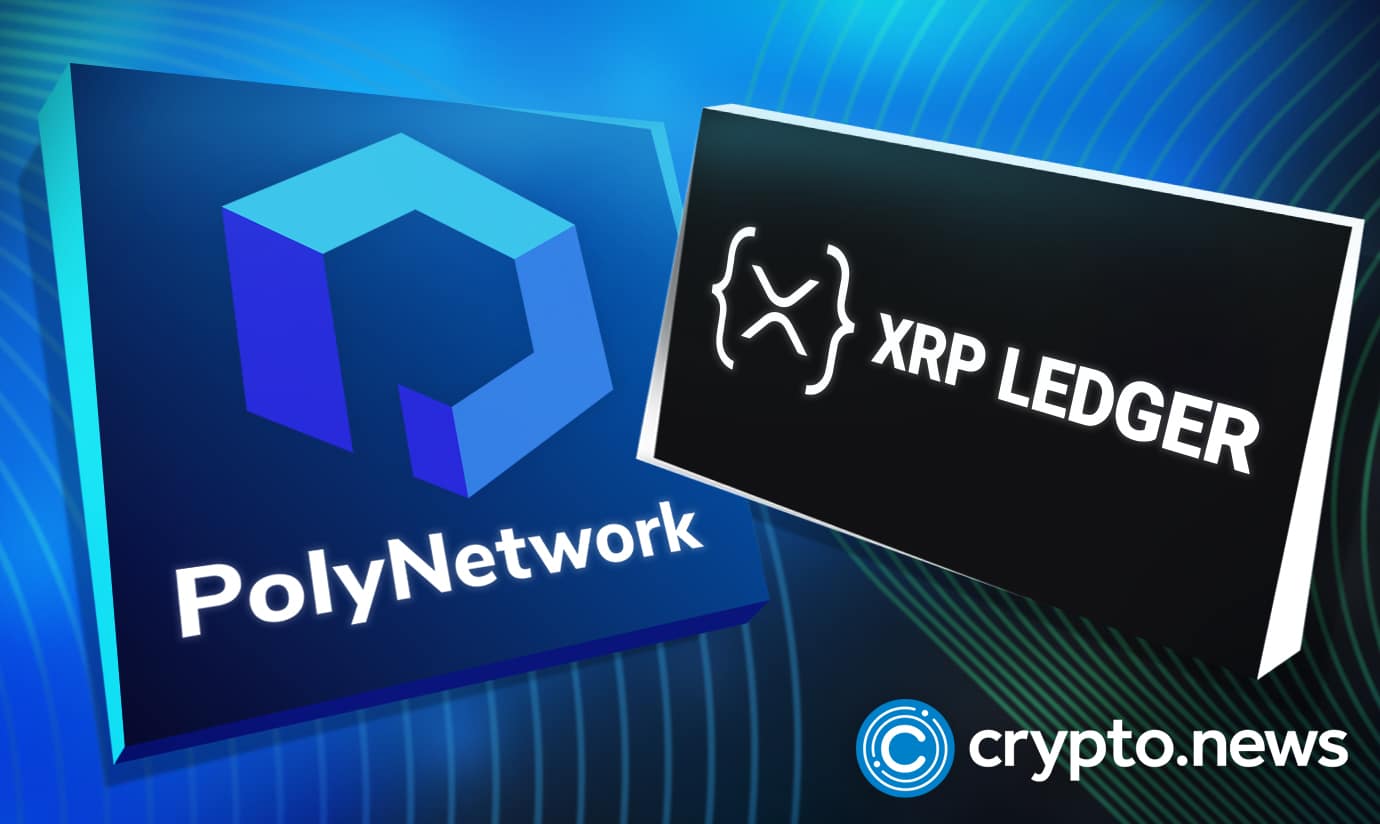
2018-8-24 20:12 |
The topic of decentralization in blockchain is wildly nuanced, misunderstood and, frankly, evolving.
Bitcoin and Ethereum are currently viewed as the gold standard for decentralization — meaning they are architected in a way that no single individual or minority group can dictate rules or rewrite transaction history (the power of blockchain!). Since these blockchains are considered decentralized, then by design, the XRP Ledger is also — if not more so — decentralized than both Bitcoin and Ethereum.
To really understand if a network is truly decentralized, it’s important to first understand the underlying design.
Proof-of-work (Bitcoin and Ethereum) and XRP Ledger Consensus
Bitcoin and Ethereum use proof-of-work algorithms. This system rewards individuals, known as “miners,” for validating transactions by paying a fee for their work. This was a great starting point for a decentralized system that incentivizes complete strangers to contribute to the greater good of a network and make forward progress. But as time has gone on, clear limitations have manifested. Blockchains that use proof-of-work can be subject to centralized control, where a few miners have significant control over the system.
The XRP Ledger uses a consensus protocol that relies on a majority of validators to record and verify transactions without incentivizing any one party (this is one of the main reasons why I began working on XRP Ledger more than six years ago). Validators are different from miners because they aren’t paid when they order and validate transactions. Today, these validators operate at locations across the globe and are run by a broad range of individuals, institutions, asset exchanges and more.
Put simply, the XRP Ledger is based on an inherently decentralized, democratic, consensus mechanism — which no one party can control.
Let’s go deeper and unpack the downstream effects the underlying protocols have on decentralization and the usefulness of the digital assets.
Transaction Costs
Inherently, miners for Bitcoin and Ethereum want the cost of transactions on the ledger to be high to increase the reward they receive. This behavior drives up the cost of each transaction, rendering the digital asset less attractive for real-world use cases like payments.
This was not so apparent in the early days of Bitcoin because transaction fees were dwarfed by the block reward. However, as the block reward drops, the interests of miners and other users will likely continue to diverge. Users cannot ignore the desires of miners because a blockchain based on proof-of-work that cannot incentivize enough mining cannot remain secure.
The XRP Ledger encourages the opposite behavior. Those using XRP and the XRP Ledger are able to make progress without mining, saving significant compute power and time. Also, a built-in system, called fee escalation, is part of its consensus protocol and helps to regulate fees overall. This means lower costs and faster transaction times for XRP compared to other digital assets — the attributes that make it the most useful asset for settlement.
Concentration of Control
With Bitcoin and Ethereum, a surprisingly small number of miners could collude to disrupt the system.
As of today, four mining groups currently control 58 percent of the Bitcoin network and three miners account for 57 percent of Ethereum’s daily capacity. Further, 80 percent of the mining on the Bitcoin blockchain is centralized in China, despite the country’s ban on digital assets. This puts it at greater risk of being manipulated by a single, sovereign government.
Some experts even suggest that in a worst case scenario, miners of Bitcoin and Ethereum blockchains could use this to their advantage — conspiring to rewrite history on the blockchain through a 51 percent attack that results in verified transactions being unvalidated and allows for fraud to occur.
In contrast, the XRP Ledger requires 80 percent of validators on the entire network, over a two-week period, to continuously support a change before it is applied. Of the approximately 150 validators today, Ripple runs only 10. Unlike Bitcoin and Ethereum — where one miner could have 51 percent of the hashing power — each Ripple validator only has one vote in support of an exchange or ordering a transaction.
Additionally, this two-week waiting period gives time for those that support a proposed change to update their software in accommodation of it. If 80 percent of users, the exchanges and other participants do not adopt a change that is proposed by their validators, the change does not go into effect.
While Bitcoin and Ethereum are becoming more centralized over time, the XRP Ledger is getting more decentralized.
Decentralized in Nature
Users on the XRP Ledger select a Unique Node List (UNL), a list of validators trusted by that user to order transactions. Users can select the specific validators for their own UNL or they can rely on recommended UNLs that have been compiled by other parties. The network has a number of recommended UNLs, including one list Ripple recommends, and users can choose whichever one they prefer or create their own.
The XRP Ledger is and always has been inherently decentralized because the users always retain the freedom to change their UNLs and the corresponding validators that they trust. For example, if a party controlling a large number of validators abused that power to propose changes that served only its own interests, users operating nodes could simply remove the party’s validators from their UNLs and rely on other validators that more closely represented their interests.
Every user is the ultimate authority of the code his or her server runs, and therefore, the rules under which it operates. If a server’s code does not support a particular set of rules, then that server can never operate under those rules. This means validators cannot conspire to enable a network rule change that does not have broad user support.
Nevertheless, to increase the resiliency and diversity of the network, more than half of the validators on Ripple’s recommended UNL are operated by people or groups external to the company, and Ripple continues to add even more independent validators to the list. This further demonstrates that Ripple’s validators do not wield meaningful power over the XRP Ledger.
In conclusion, the XRP Ledger is in many ways a more transactional, functional and decentralized ledger than either Bitcoin or Ethereum, which will only increase over time.
About the Author: David Schwartz is the CTO of Ripple. Previously the company’s Chief Cryptographer and an original architect of the XRP Ledger, David has been in the digital asset and blockchain space for over a decade beginning that career focused on the technology behind Bitcoin.
The post The Inherently Decentralized Nature of XRP Ledger appeared first on Ripple.
origin »Bitcoin price in Telegram @btc_price_every_hour
High Performance Blockchain (HPB) на Currencies.ru
|
|


